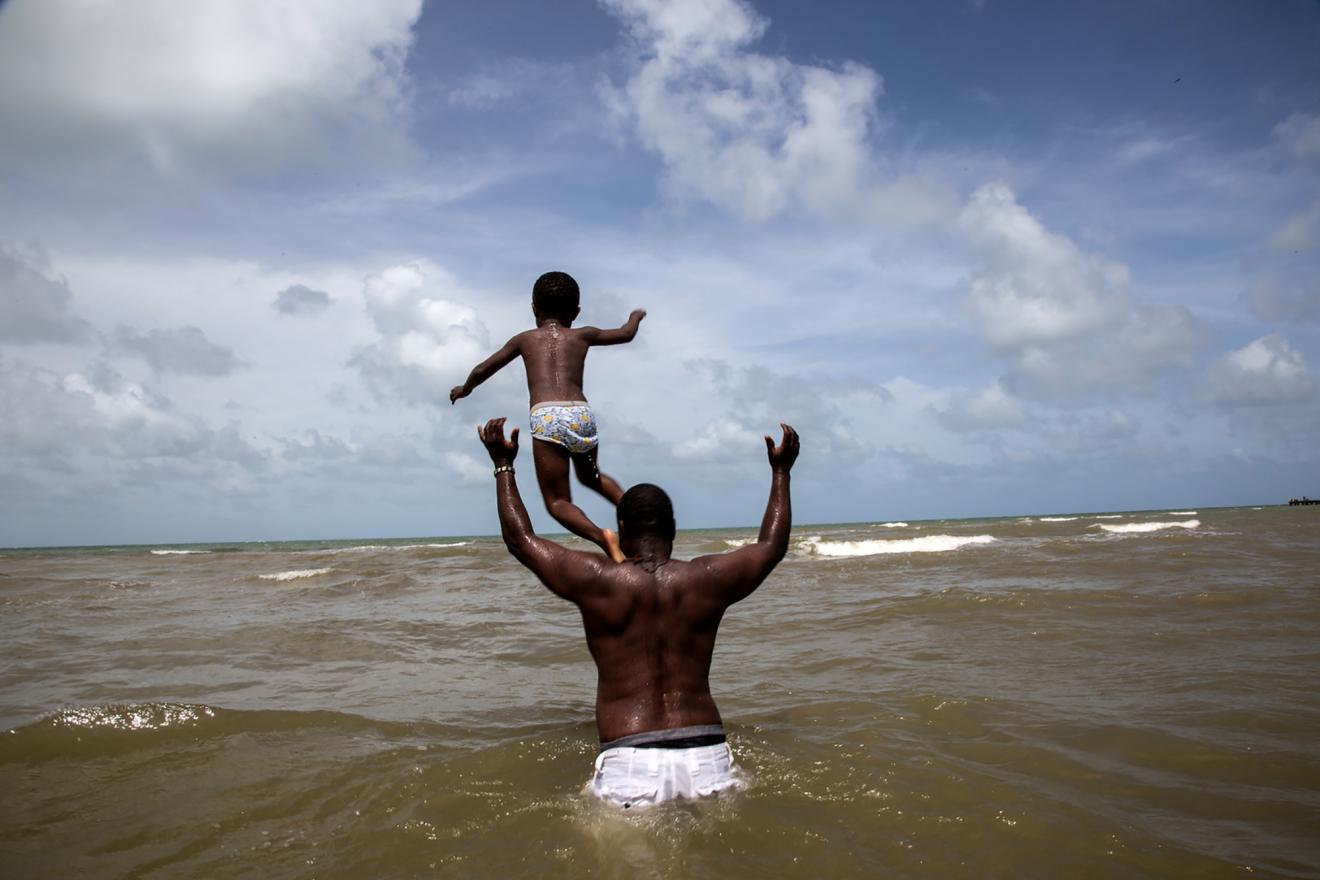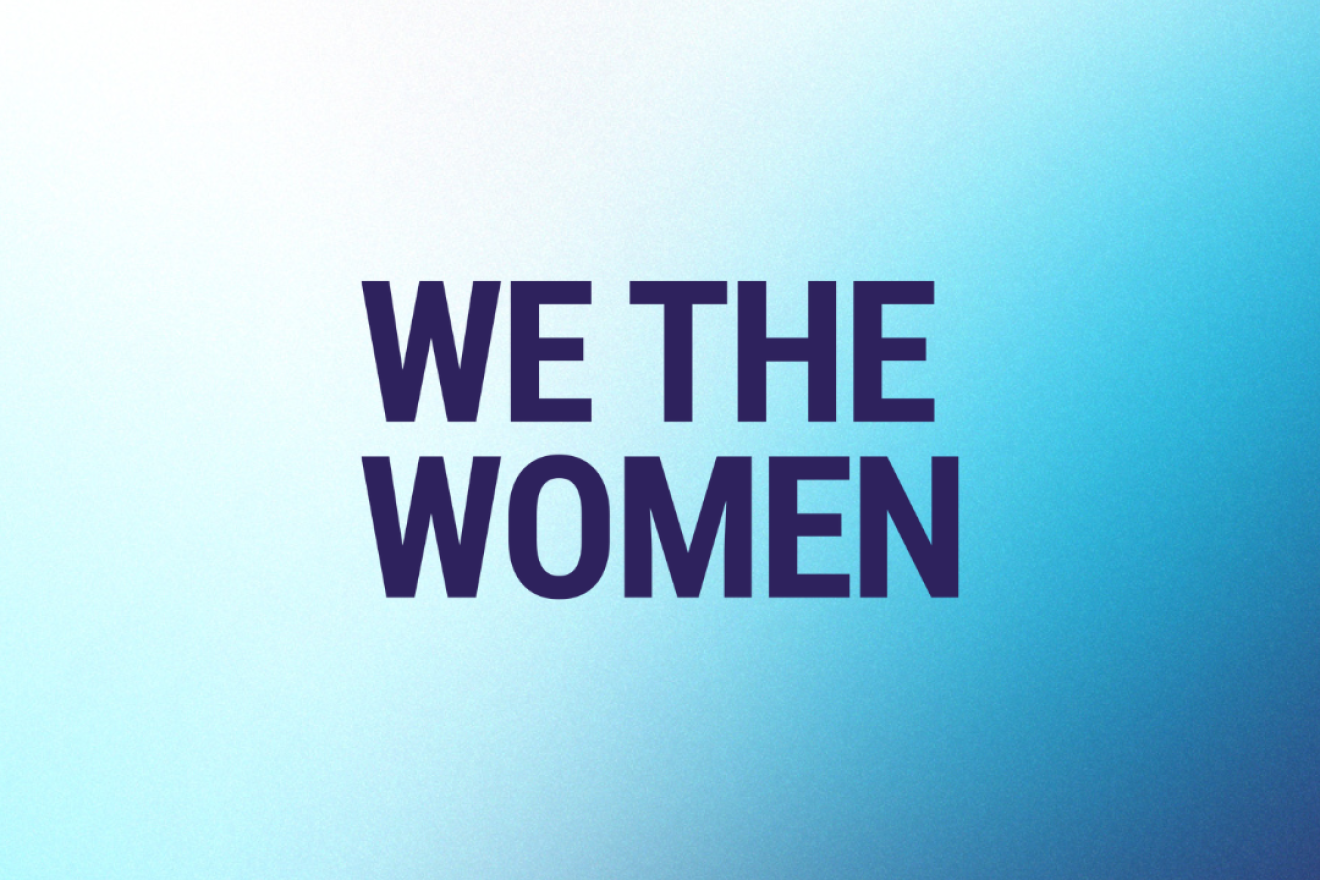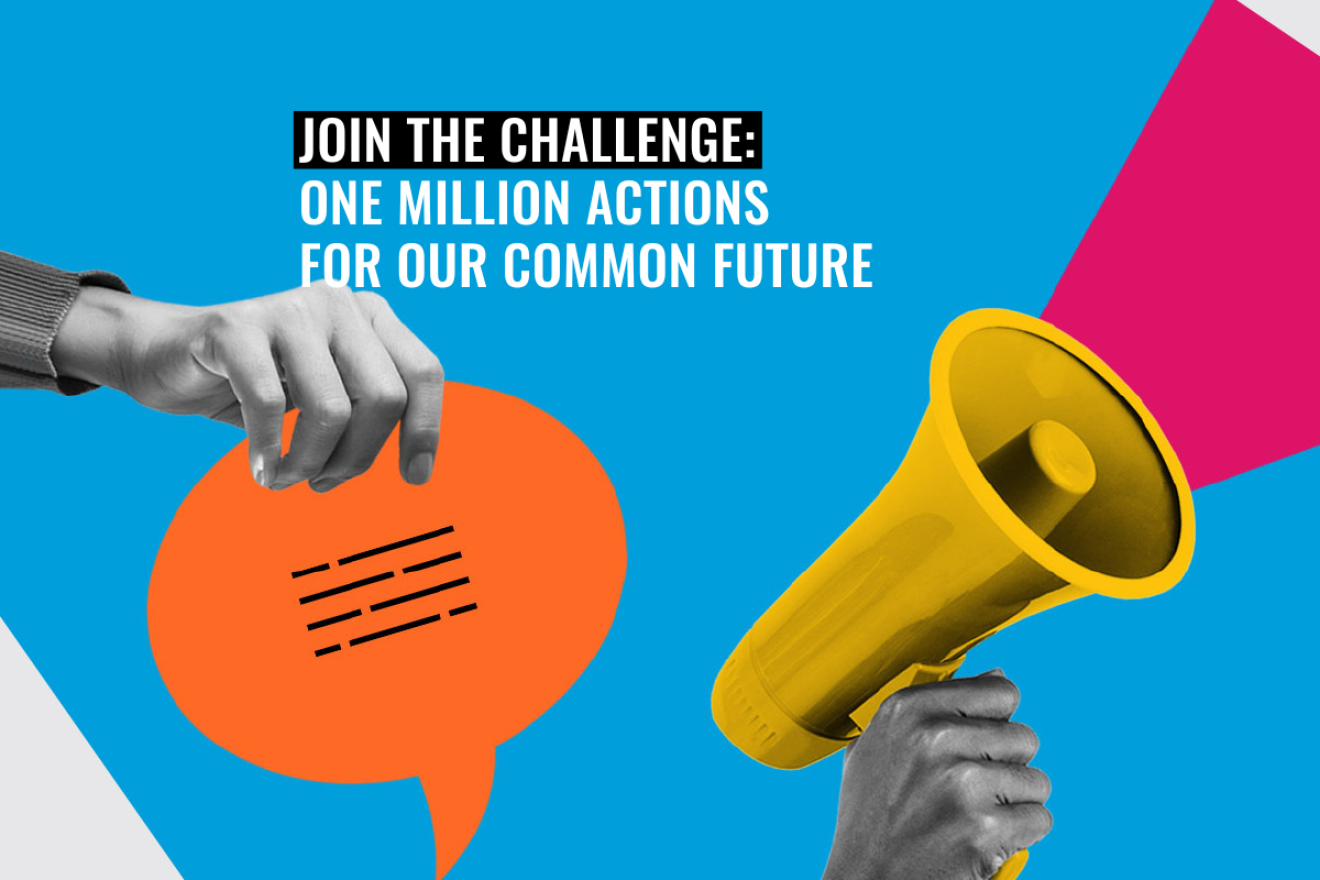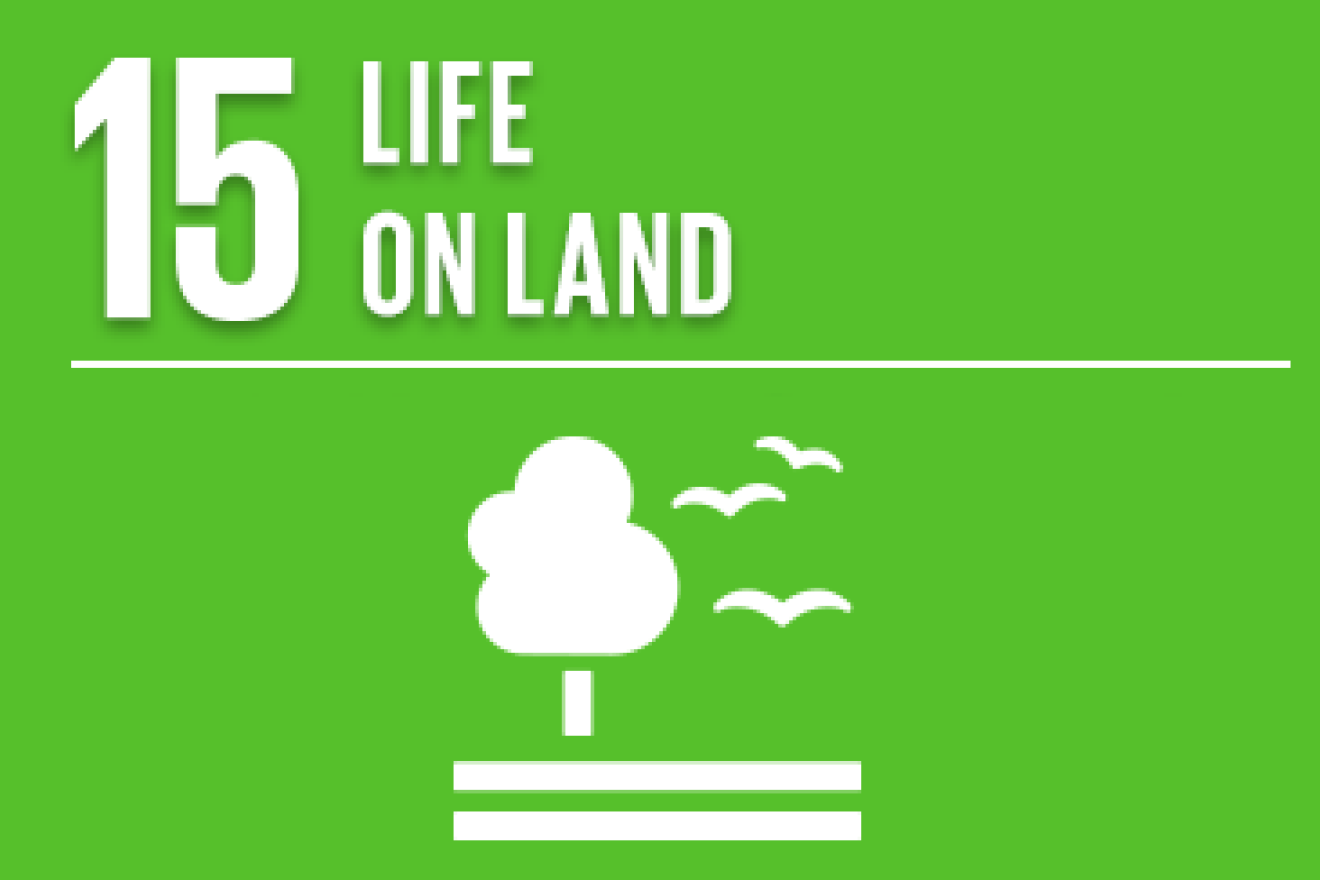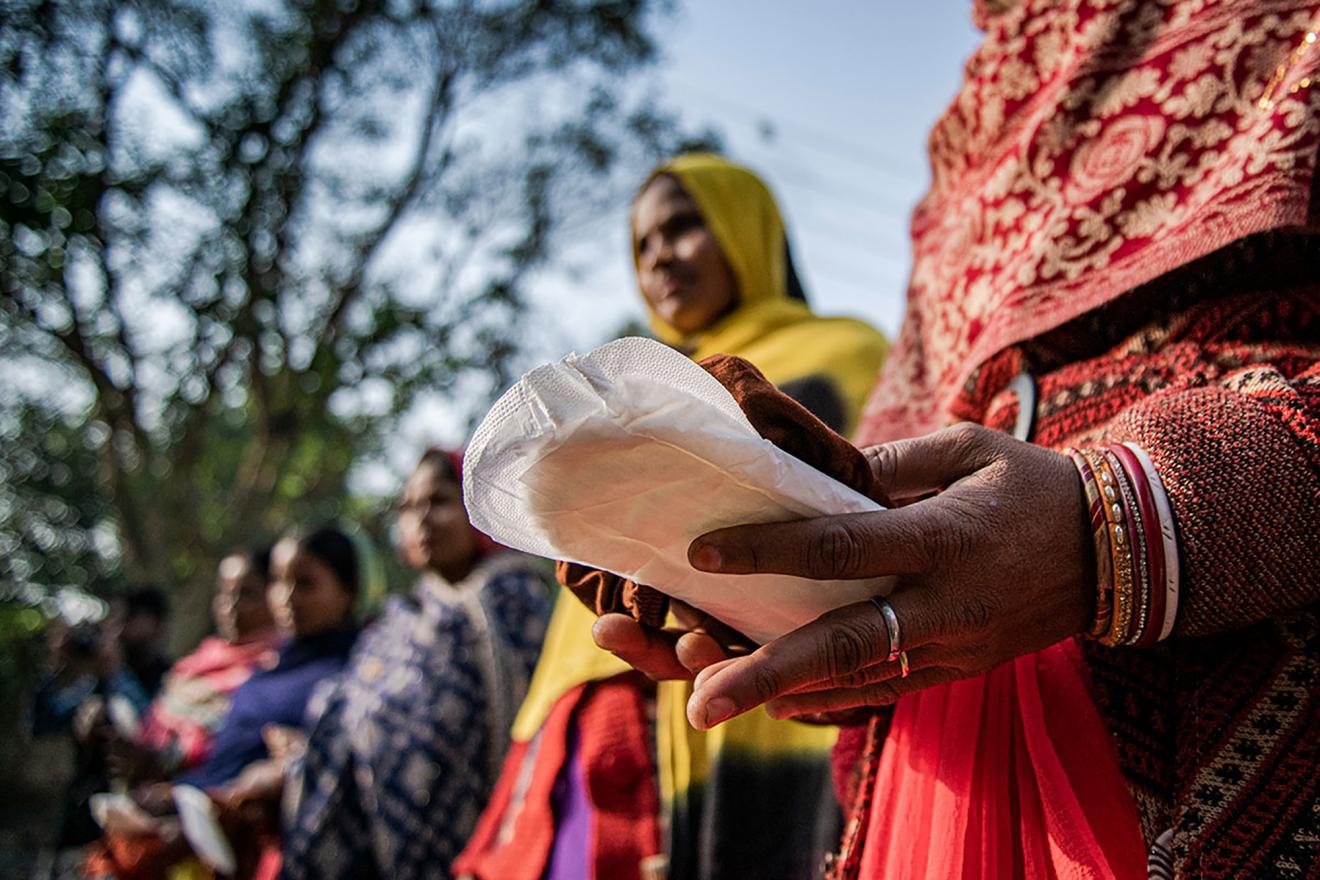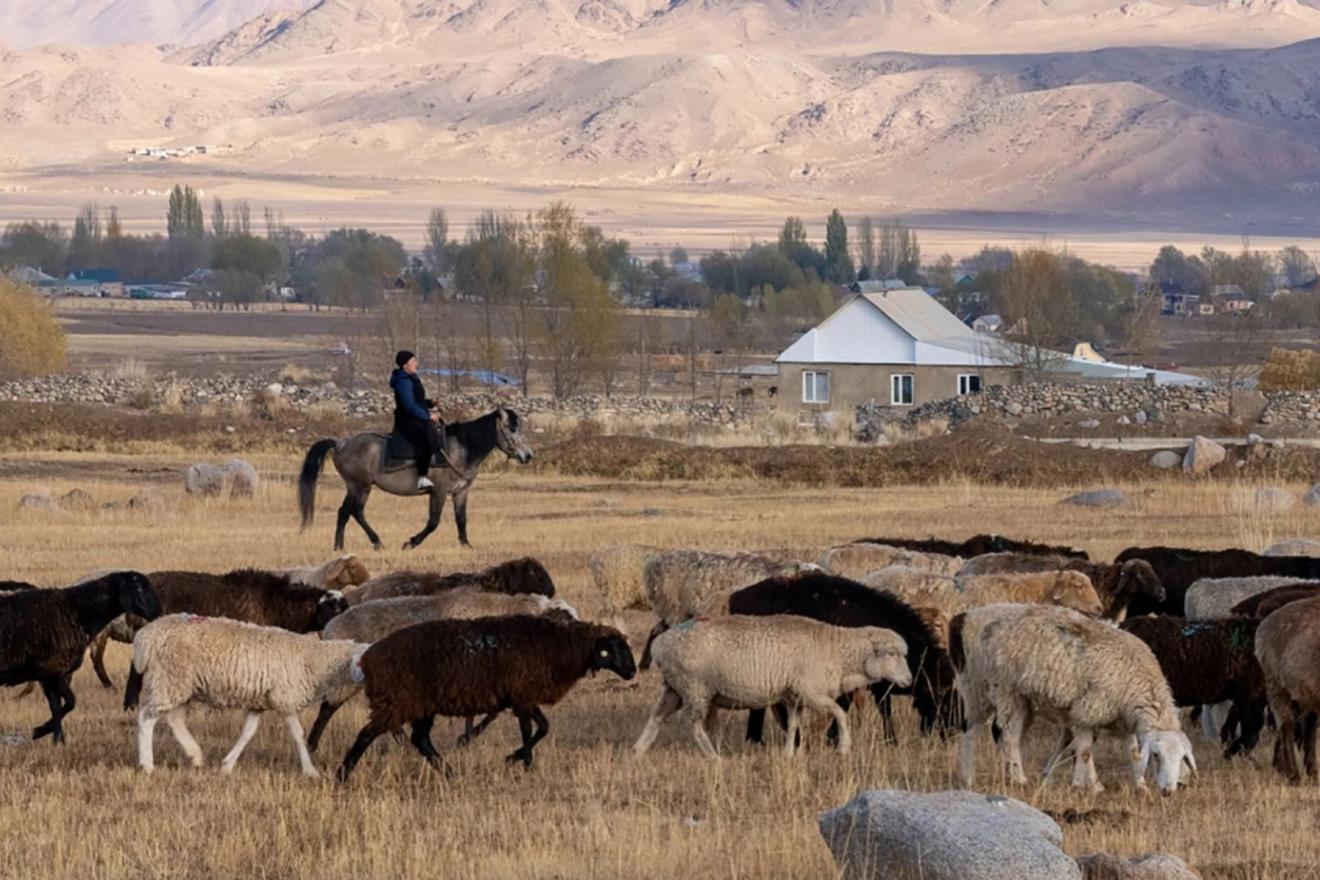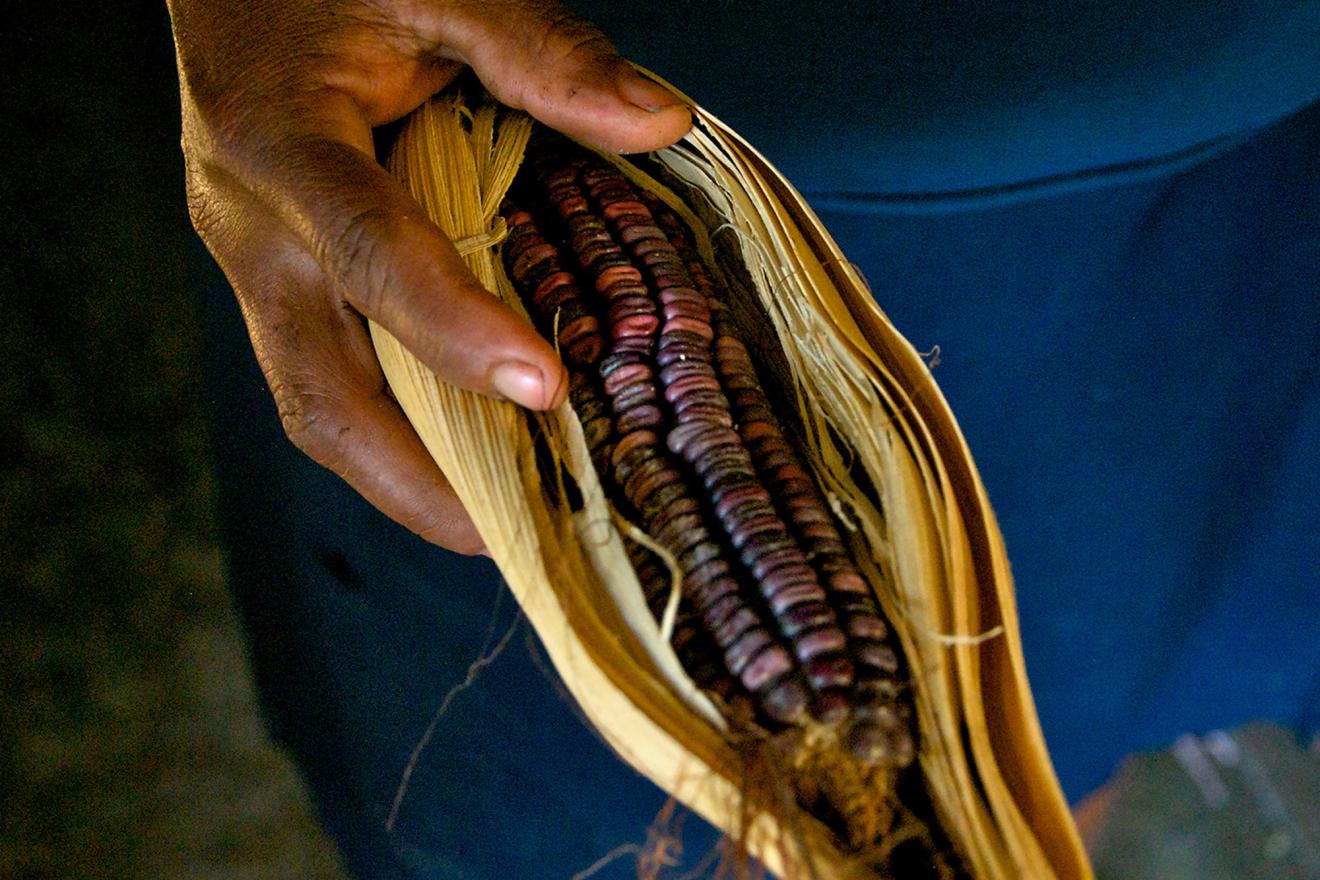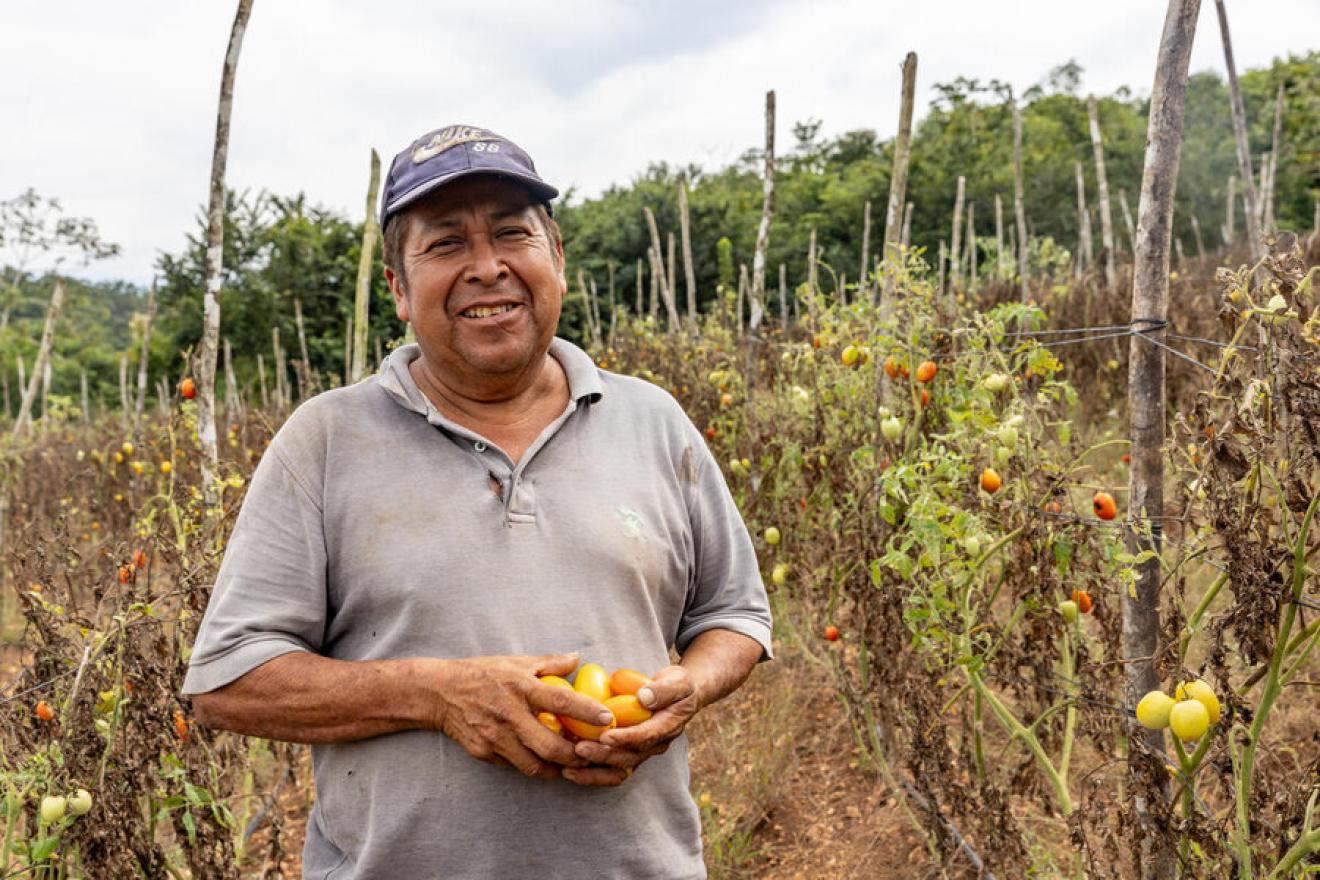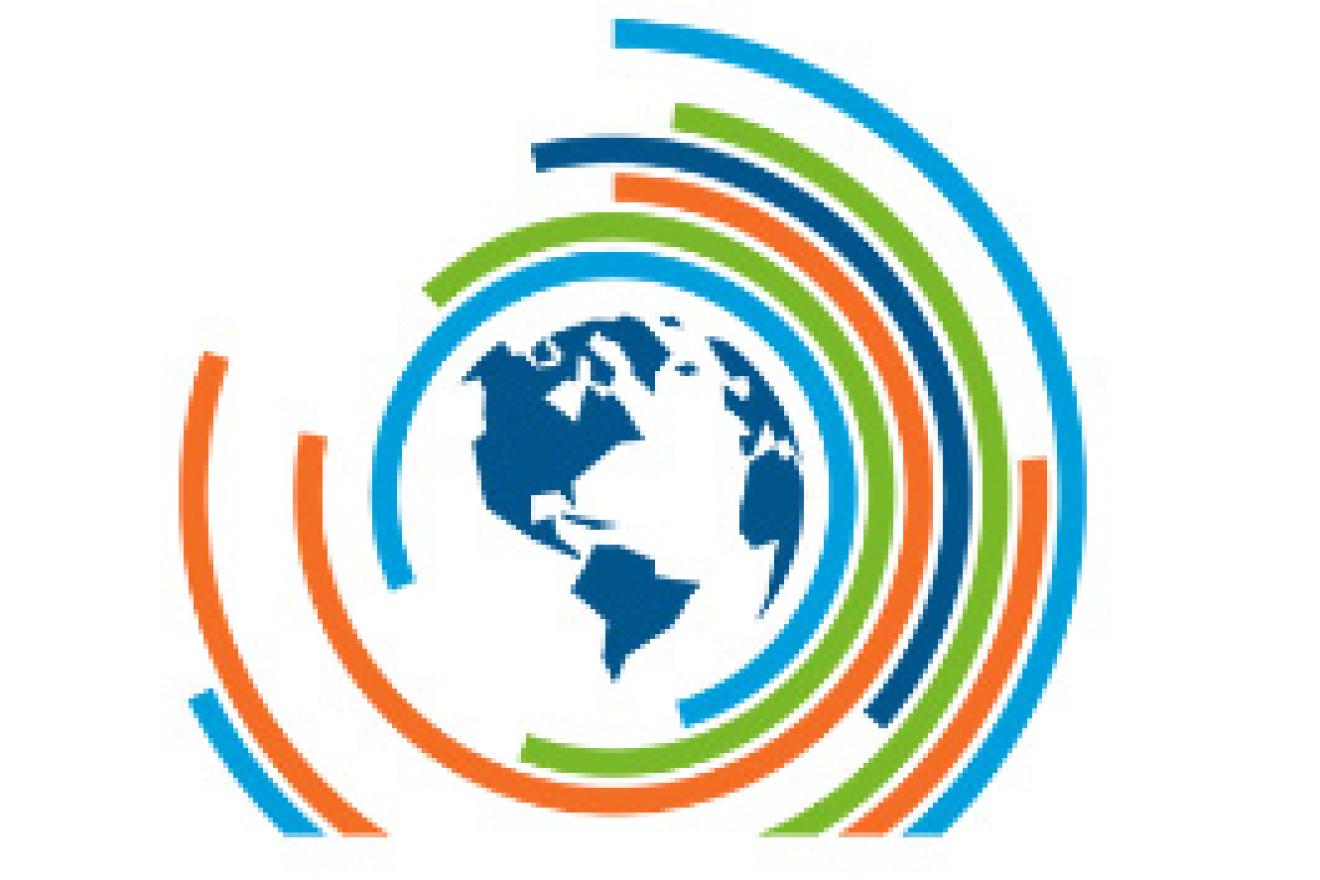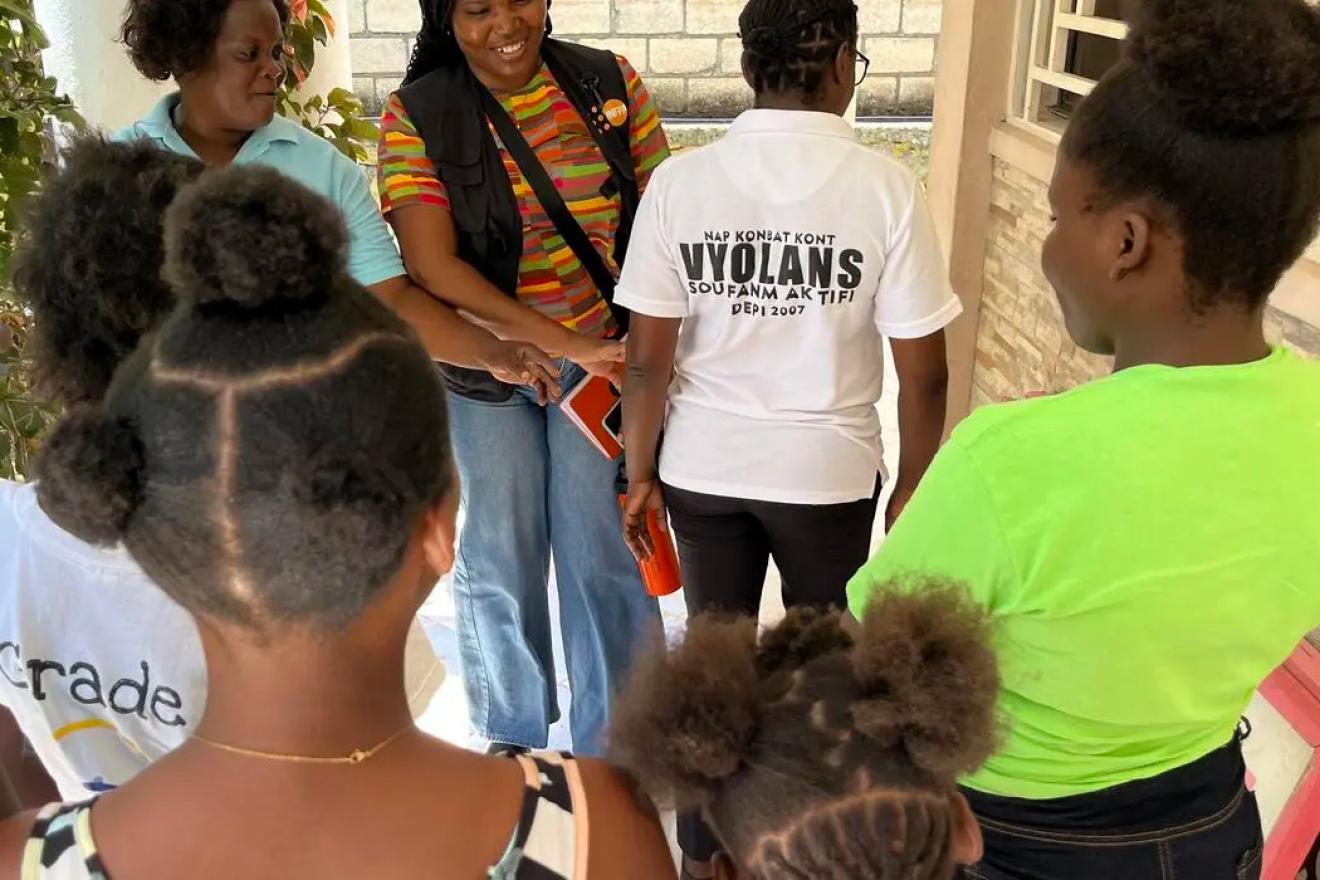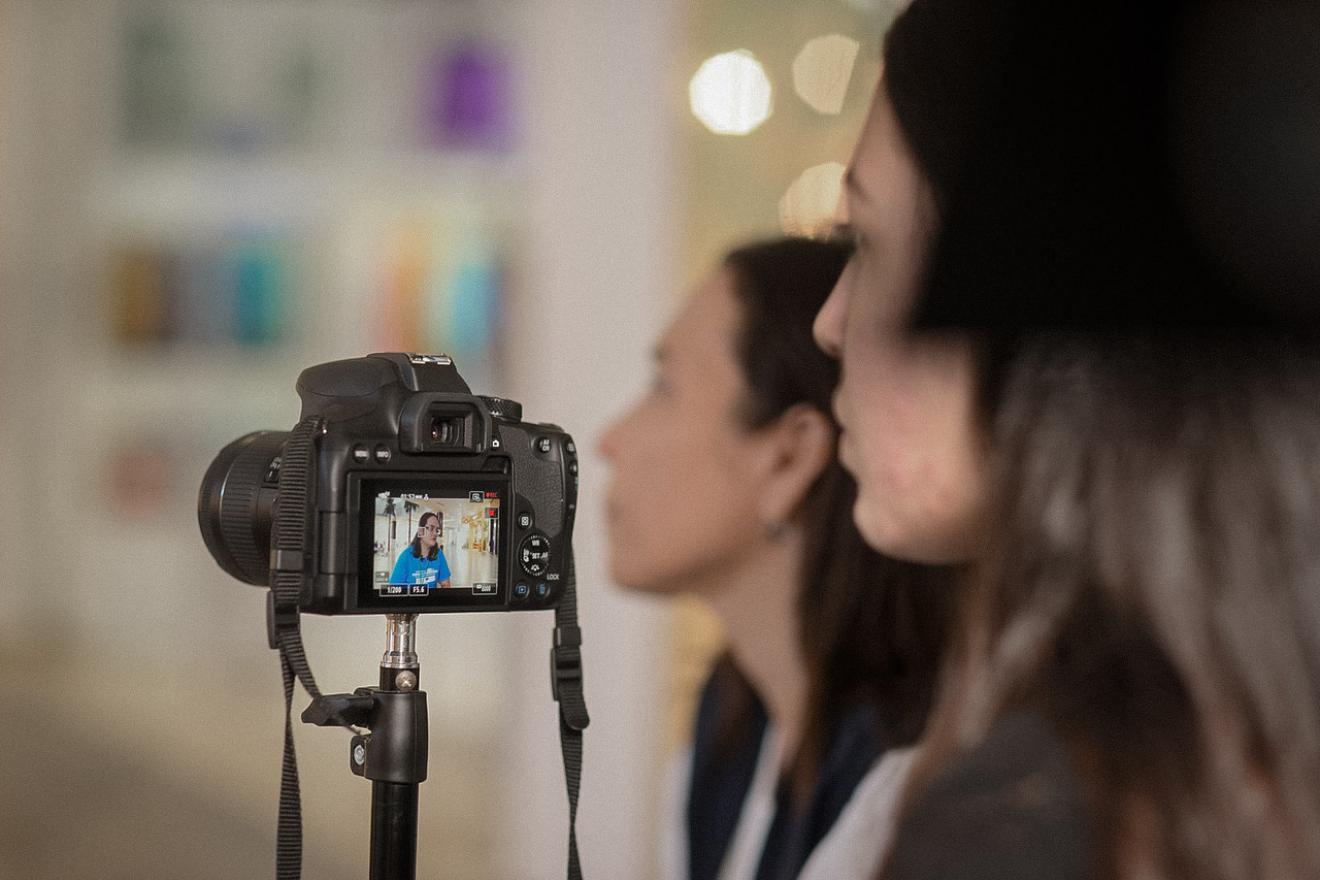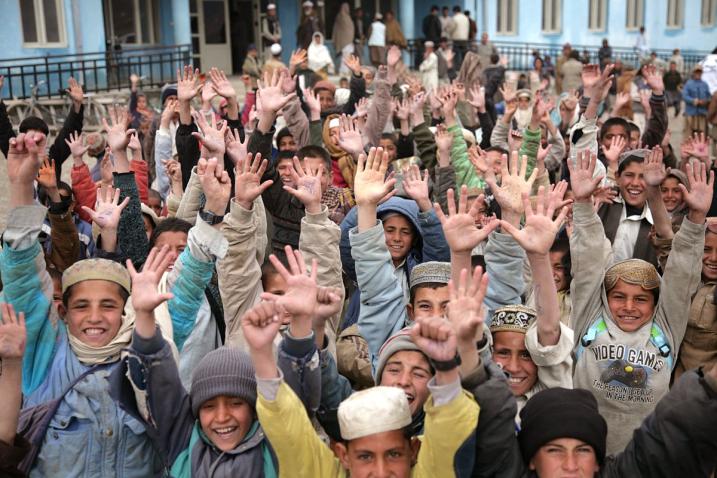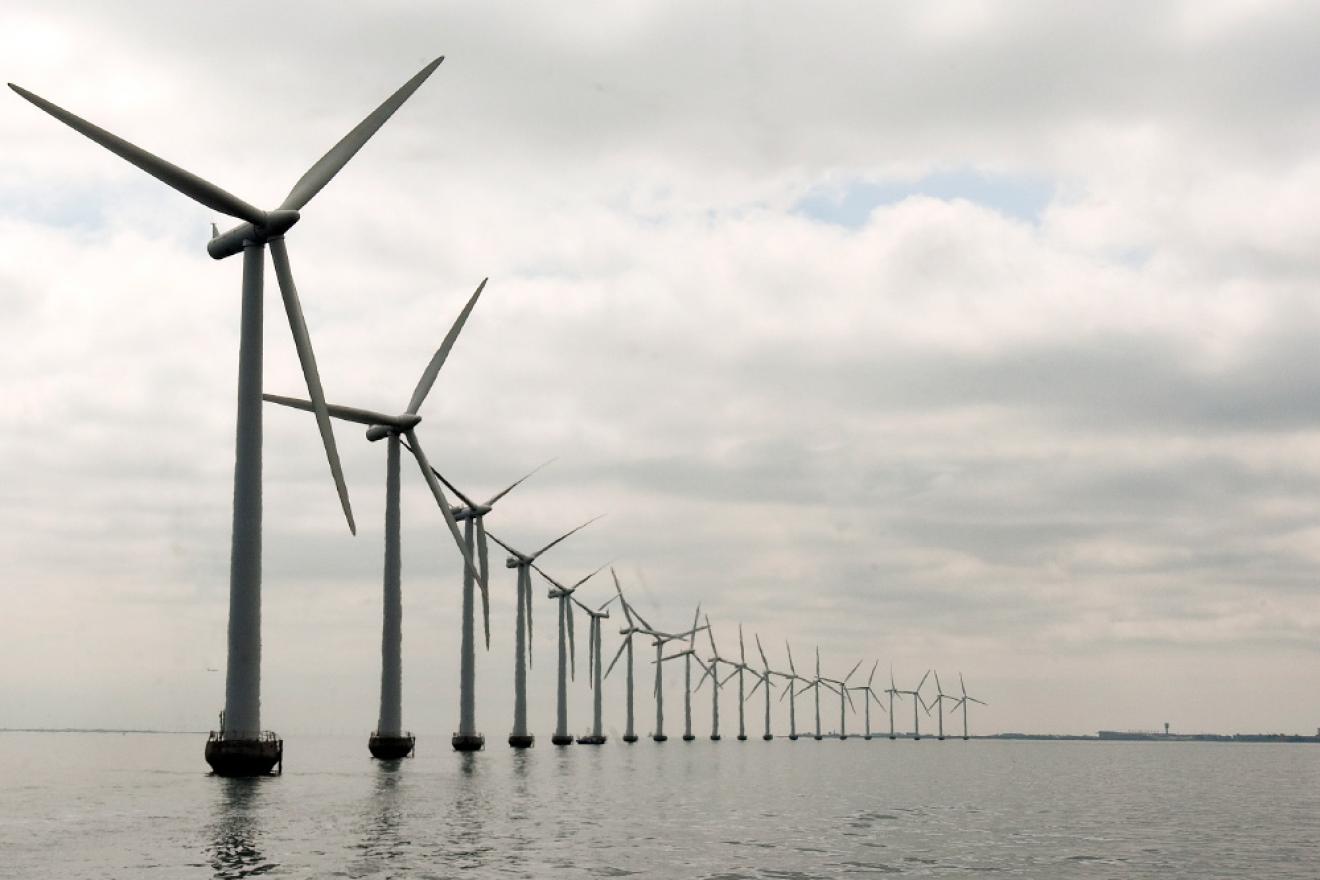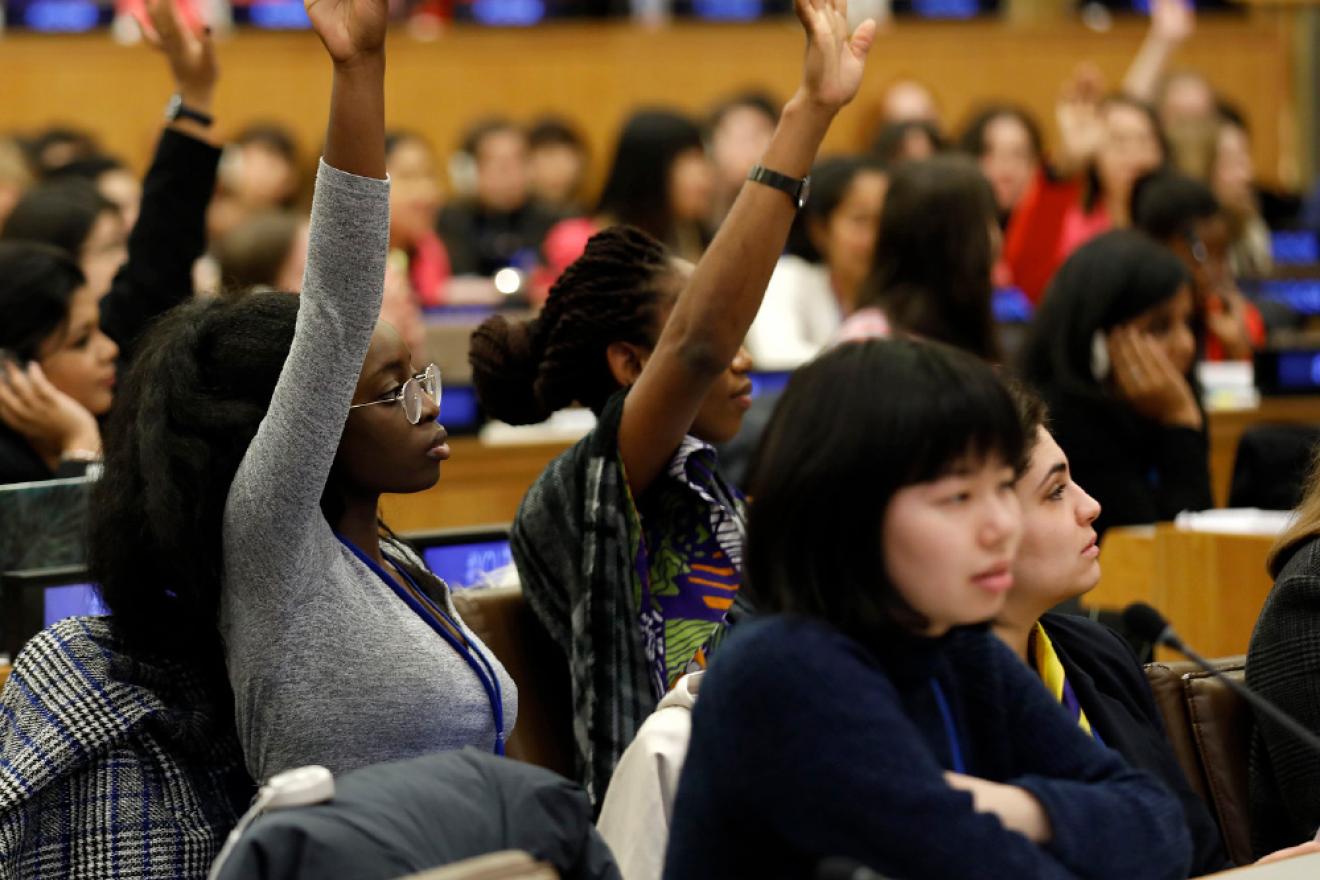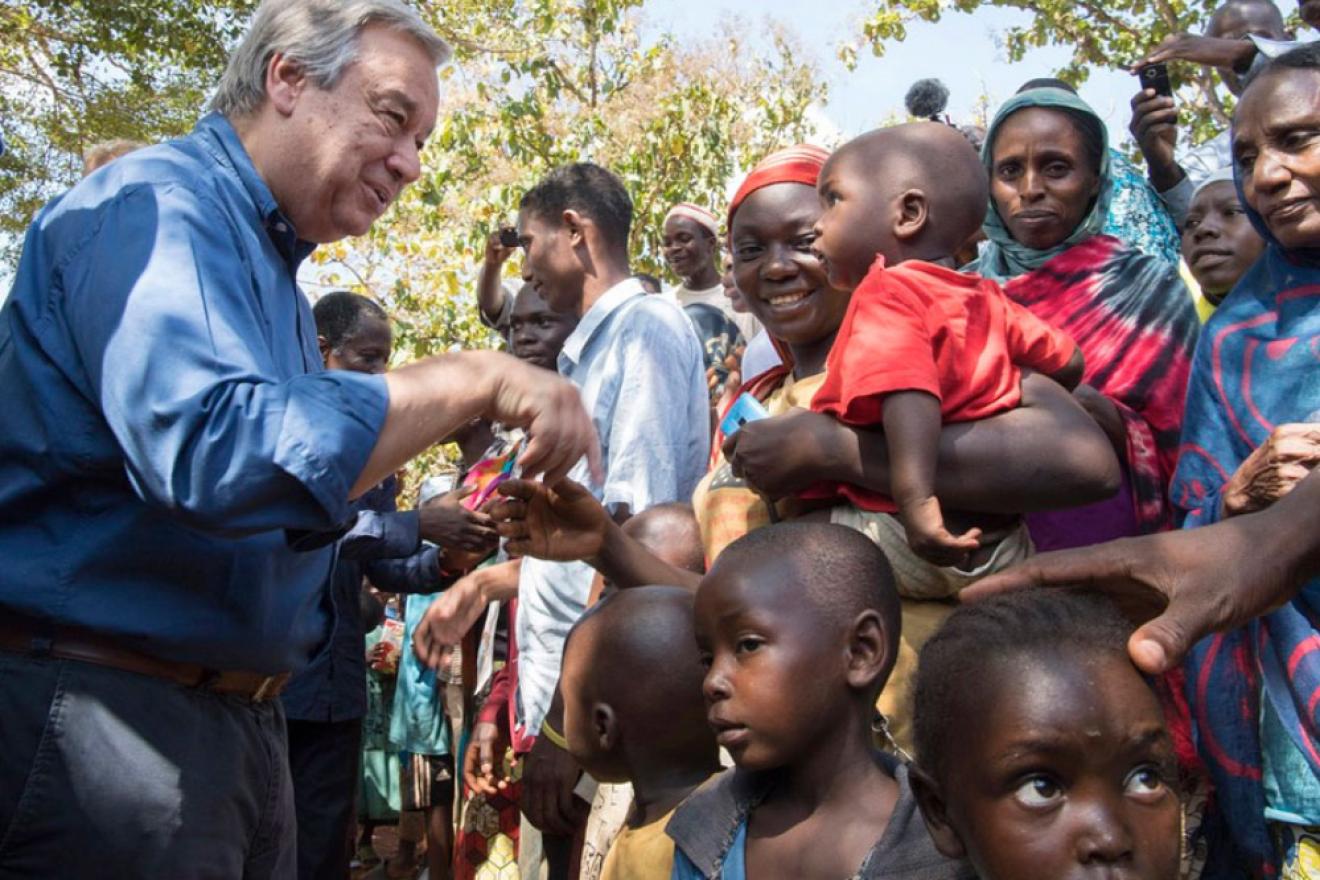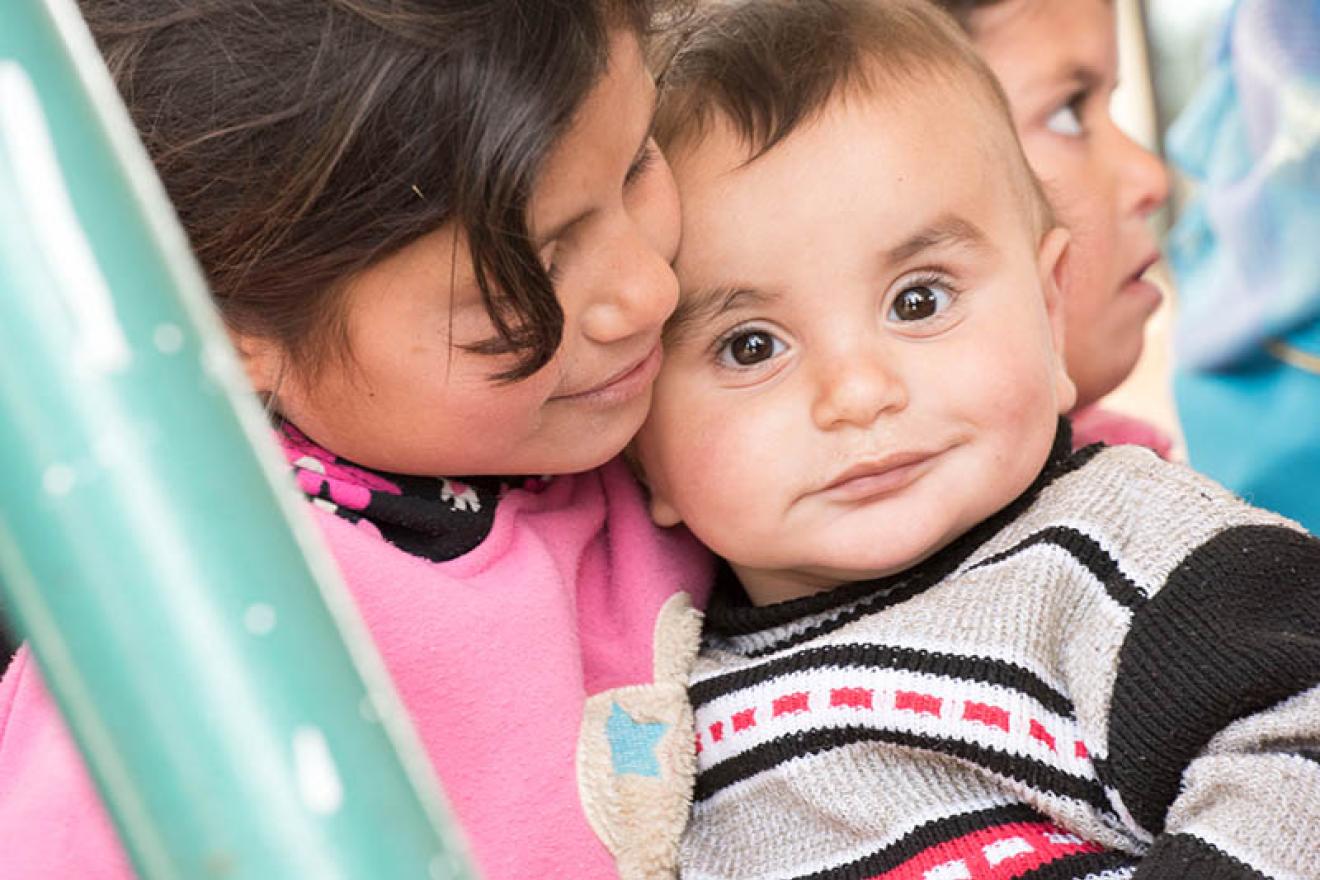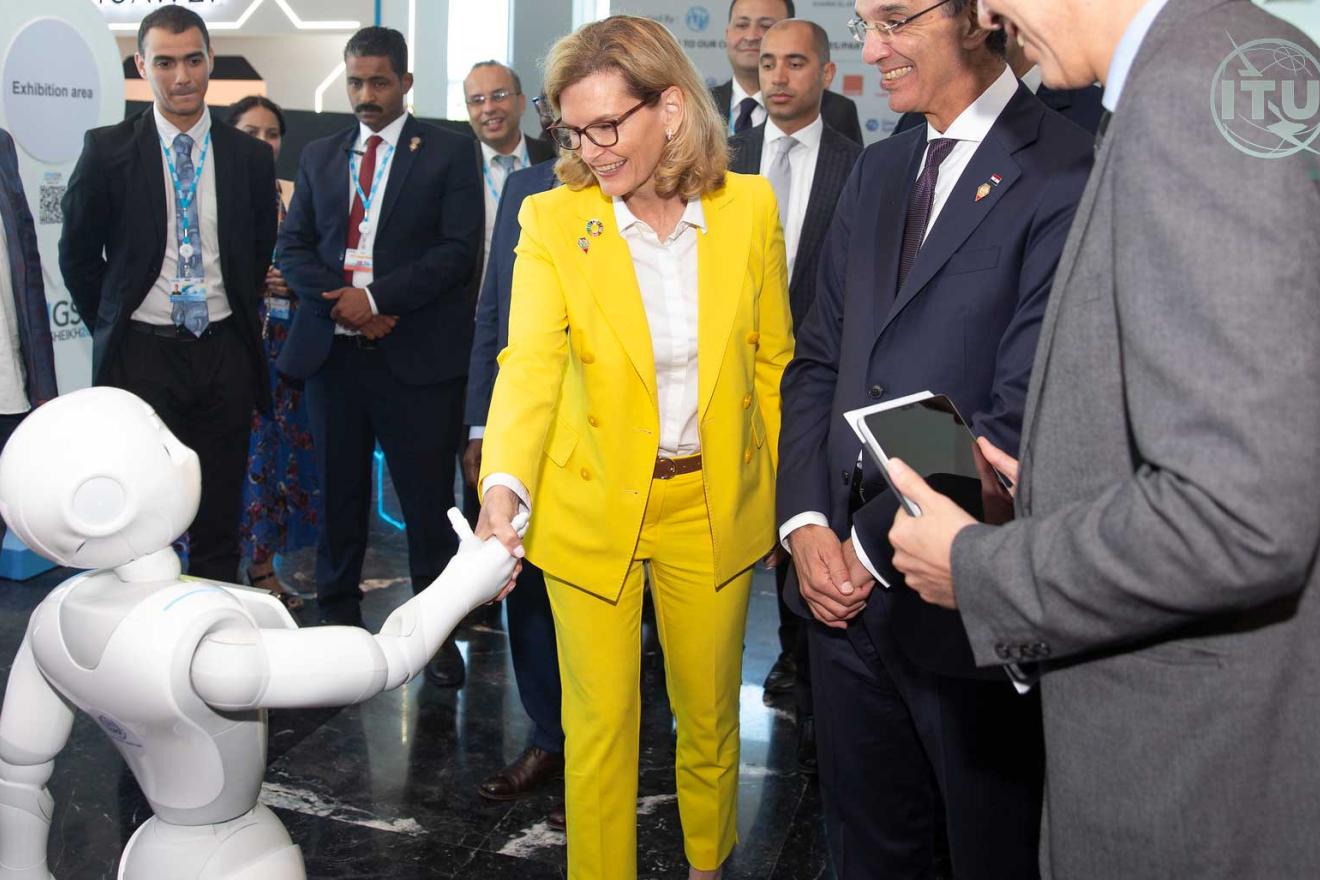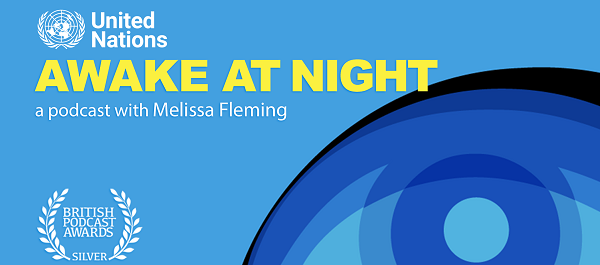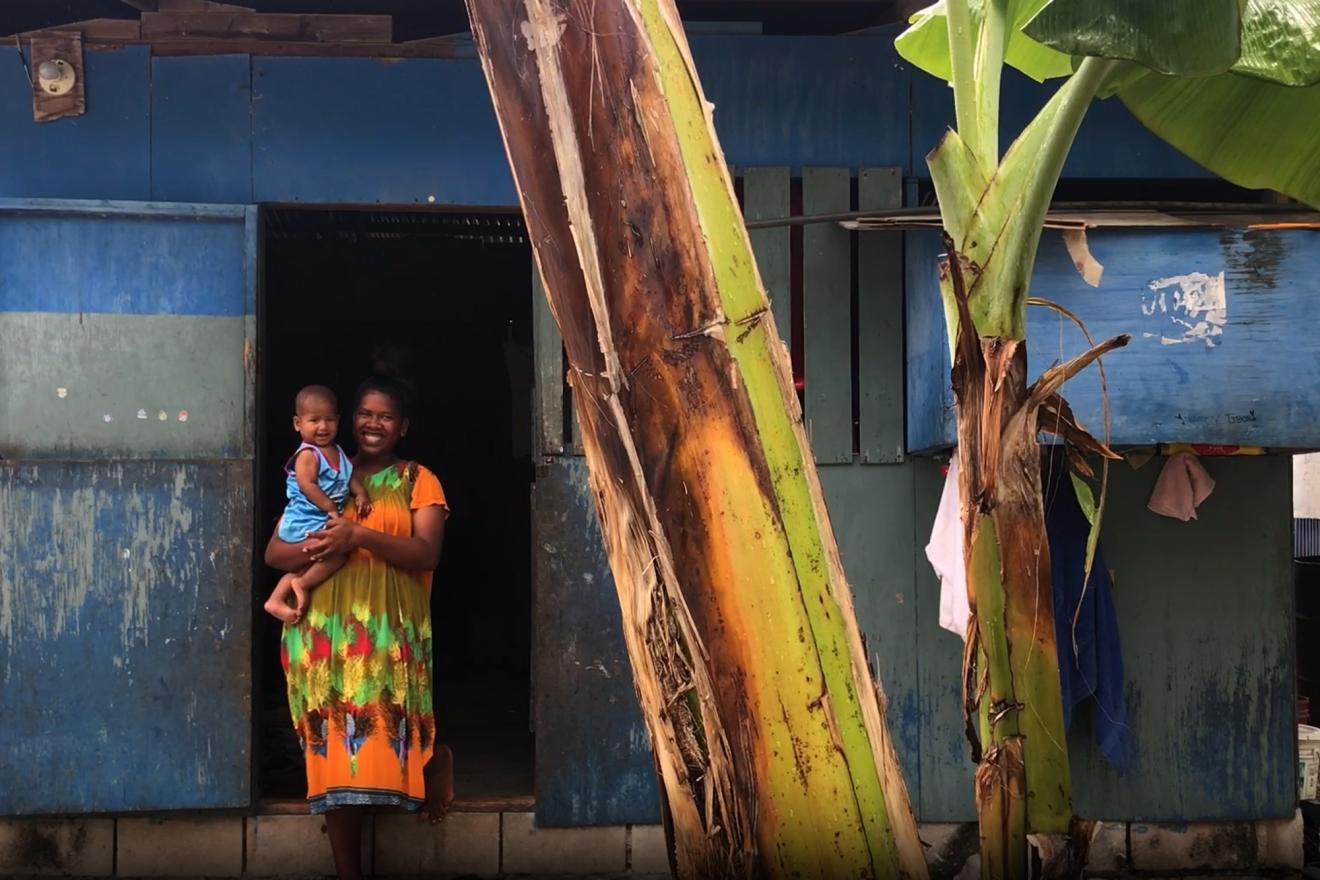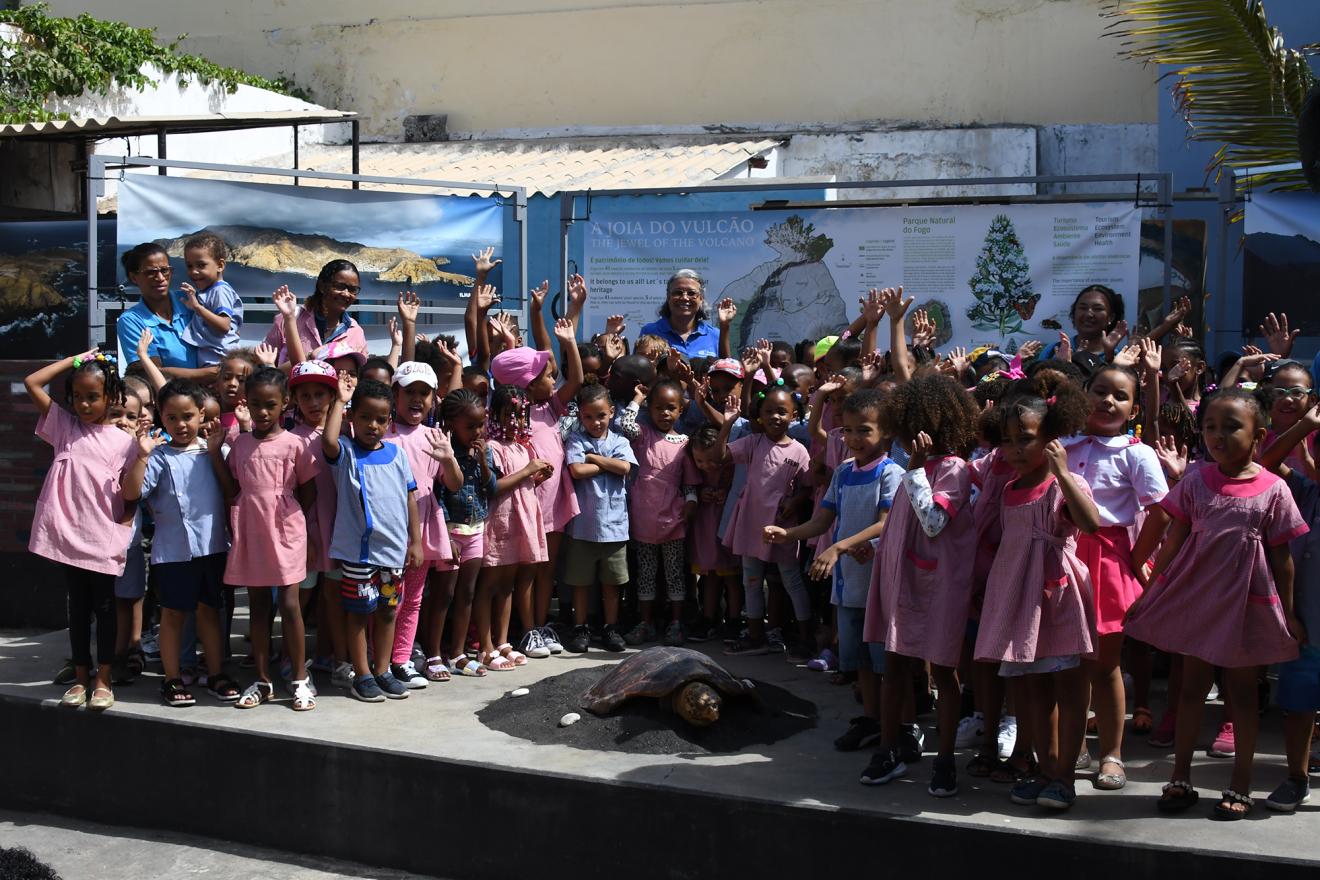Amid a global backlash against women’s rights, women are committed to championing rights and representation. Survey results from 185 countries show that 86 per cent cite climate change, and more than 50 per cent identify conflict as primary concerns for the next decade. Mental health and family responsibilities are seen as barriers to reaching full potential. Access the full report and the We the Women campaign.
The Promise of Playful Parenting
Observed every 1 June, the Global Day of Parents provides an opportunity to appreciate all parents for their selfless commitment to their children. Throughout June, the United Nations Children’s Fund (UNICEF) will advocate for expert advice and support for parents, encompassing a broad range of topics from the scientific foundations of play to engaging activities for the entire family. Recognizing the increasing prevalence of online play, the agency will also provide parents with comprehensive guides and detailed explanations to ensure their children's online experiences are safe and positive.

SIDS go forward with ‘new sense of hope, solidarity and determination’
30 May 2024 — The roadmap towards achieving resilient prosperity for small island States adopted on Thursday in Antigua and Barbuda “marks the beginning of a new journey” and a decade of delivery...
Guterres honours service and sacrifice of UN peacekeepers
30 May 2024 — United Nations Secretary-General António Guterres on Thursday paid tribute to all peacekeepers serving under the UN flag and those who have died in the line of duty.
...Amid ongoing Israeli incursions into Gaza, aid facilities shut ‘one after another’
30 May 2024 — With no let up in reported street battles and Israeli bombardment across Gaza on Thursday, UN humanitarians warned that the flow of vital lifesaving aid into the enclave has fallen...

